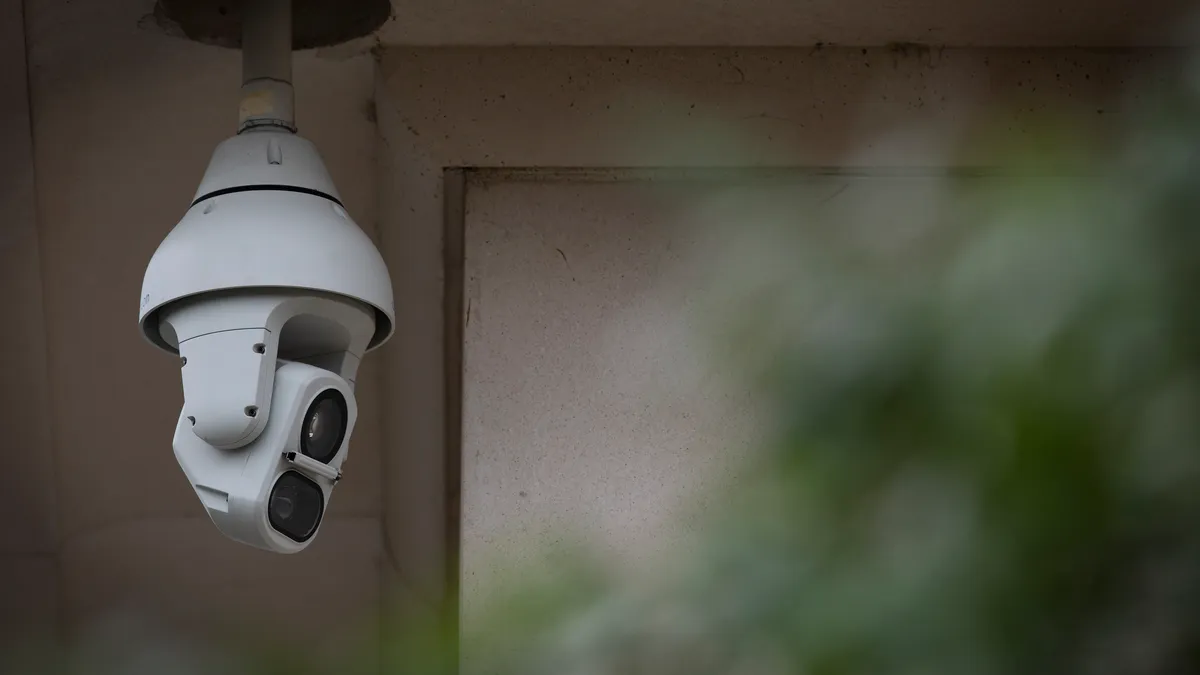Dive Brief:
- Cities should be transparent about their use of facial recognition technology and limit its scope to prevent misidentification and privacy violations, according to a report the National League of Cities (NLC) released last week.
- The NLC calls on cities to establish a rigorous training program for law enforcement and other users of the technology to ensure that police officers are aware of its shortcomings and do not rely on it for investigations. Cities should have rigorous data storage and cybersecurity standards, and they should delete any photos that have been analyzed and found not pertinent to an investigation, it said.
- The report also urges cities to engage with residents to develop policies around facial recognition technology, such as by having public forums before the technology is adopted, collaborating with a broad group, and considering establishing a citizen overview board to regularly report on surveillance in the city.
Dive Insight:
The use of facial recognition technology has been a controversial subject for many years, with cities including San Francisco; Portland, OR; Boston; and Minneapolis banning its use, and Amazon and Microsoft placing moratoriums on its sale to law enforcement. The technology has been criticized for misidentifying people of color at higher rates than White people, and members of Congress said at a 2019 hearing that it is "not ready for prime time."
Lawmakers have tried to get surveillance technology, including facial recognition, under control. The New York City Council passed legislation last year requiring more transparency around surveillance, while San Diego turned off its controversial Smart Streetlights program just days before its city council unanimously backed new curbs on the technology.
NLC's report acknowledges the "difficult conversations and decisions" that will need to happen around facial recognition technology, but it said it warrants "careful consideration," especially as the technology's use has become more widespread before public policy has caught up. Still, the report says facial recognition can streamline investigations, and cities have a "responsibility" to explore the technology as it can aid the public good.
Opponents of facial recognition technology said, given the privacy concerns, regulating its use is not the answer. They want an outright ban instead.
"The report details many of the issues with facial recognition, but wrongly poses that regulations can address them," Caitlin Seeley George, campaign director at digital rights nonprofit Fight for the Future, said in an email. "Facial recognition technology, like nuclear weapons, is just too dangerous and the harm to the community is too severe, and no amount of training or data storage standards can make it safe."
George said the NLC is right to urge city leaders to engage with residents on the issue, noting that many have been wary of facial recognition technology. Independent polling and research from groups including Schoen Cooperman and the Pew Research Center have found a high level of national support for the technology's use by law enforcement, but when local actions are taken, residents’ sentiment is clear, George said.
"In city after city we've seen that people support bans on facial recognition, and decision makers should listen to this demand," she said.












